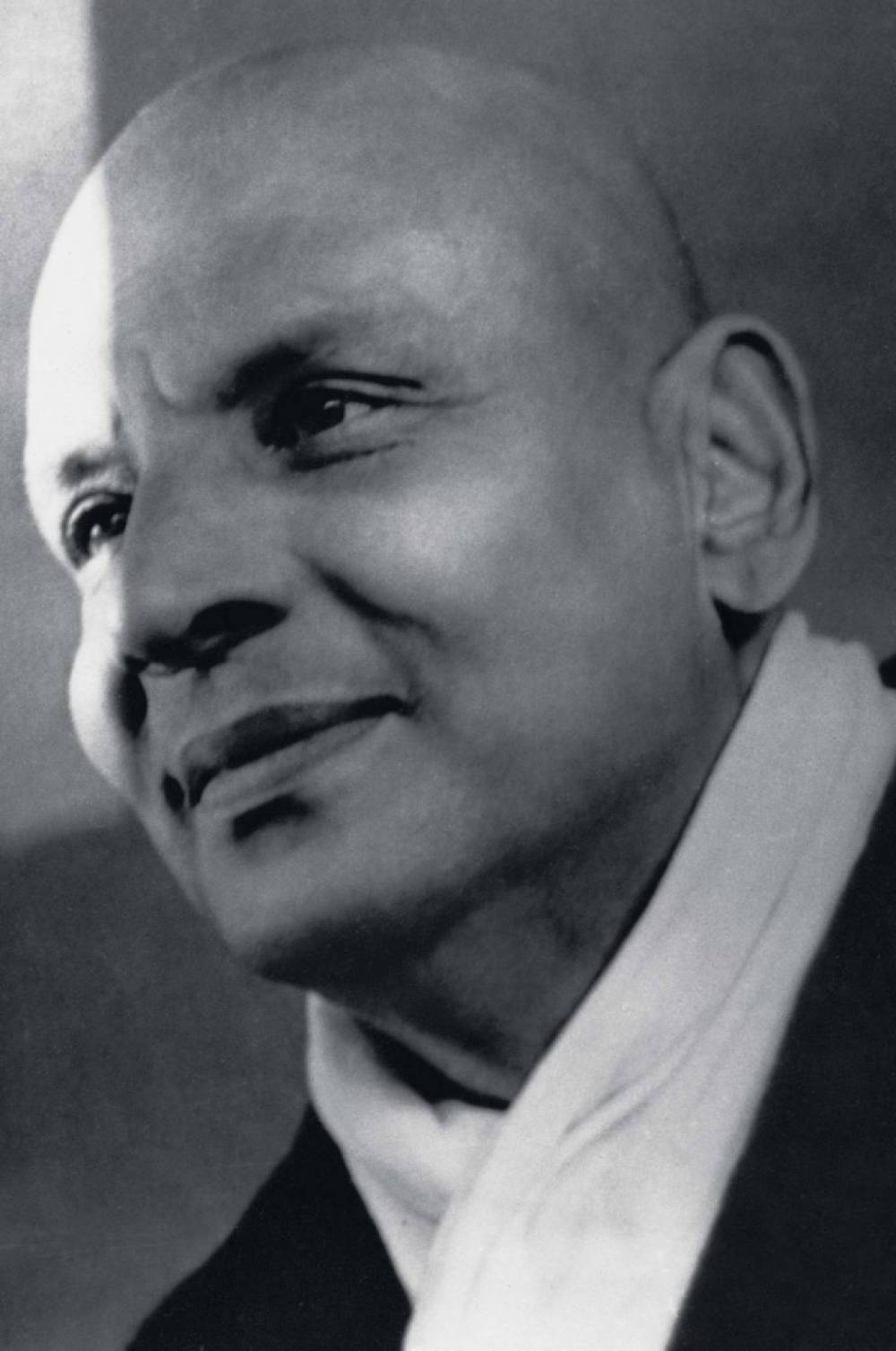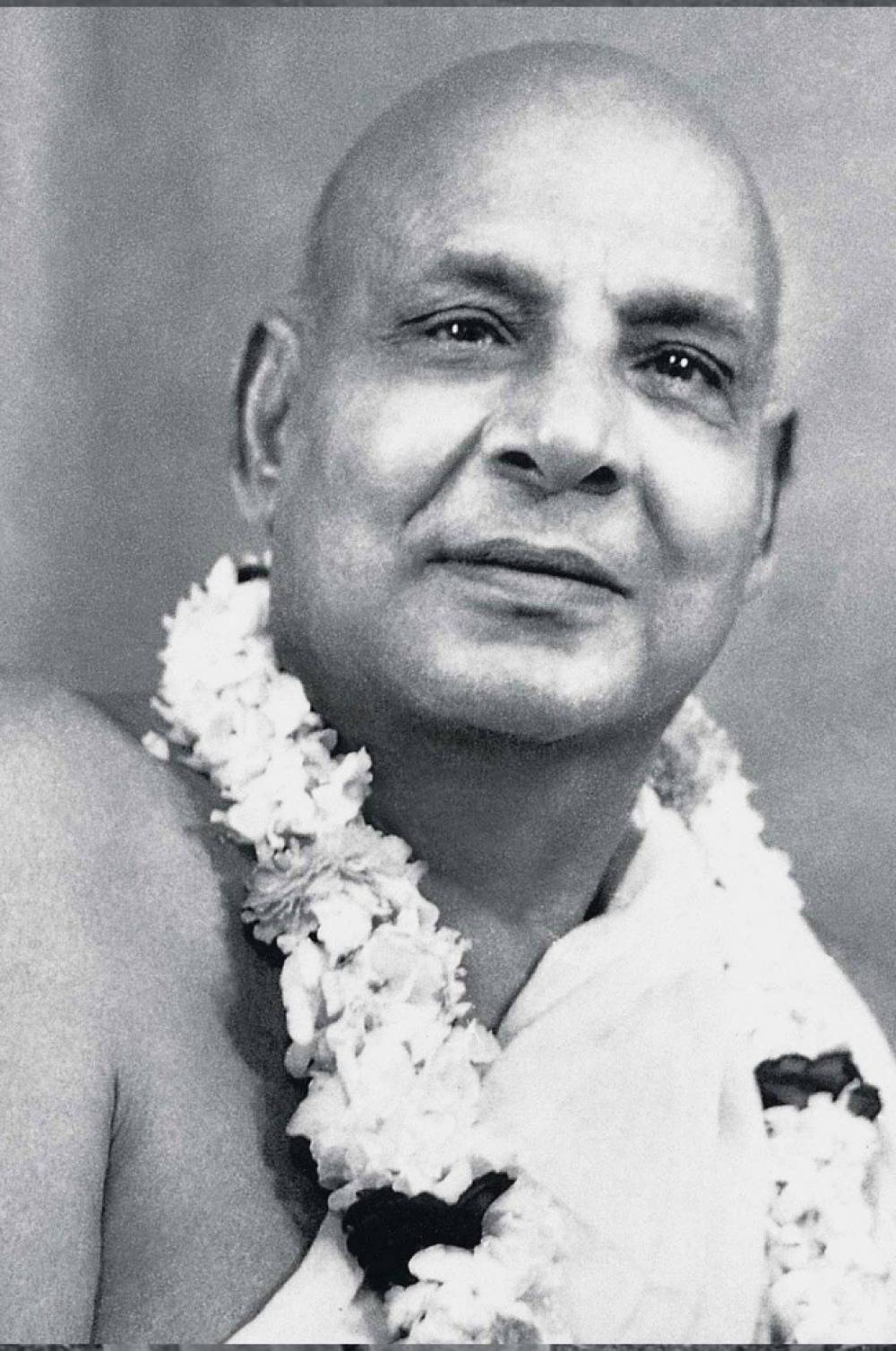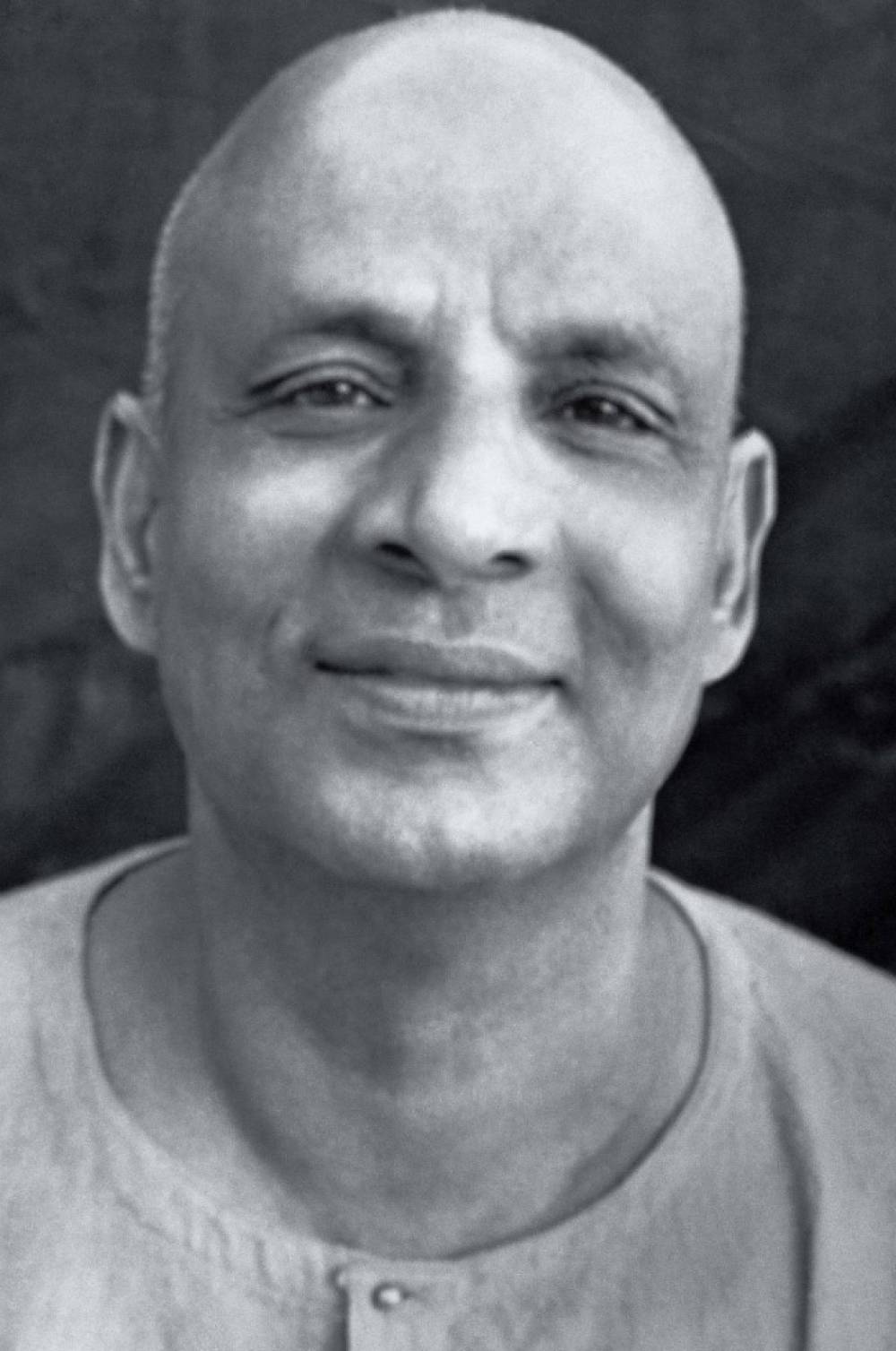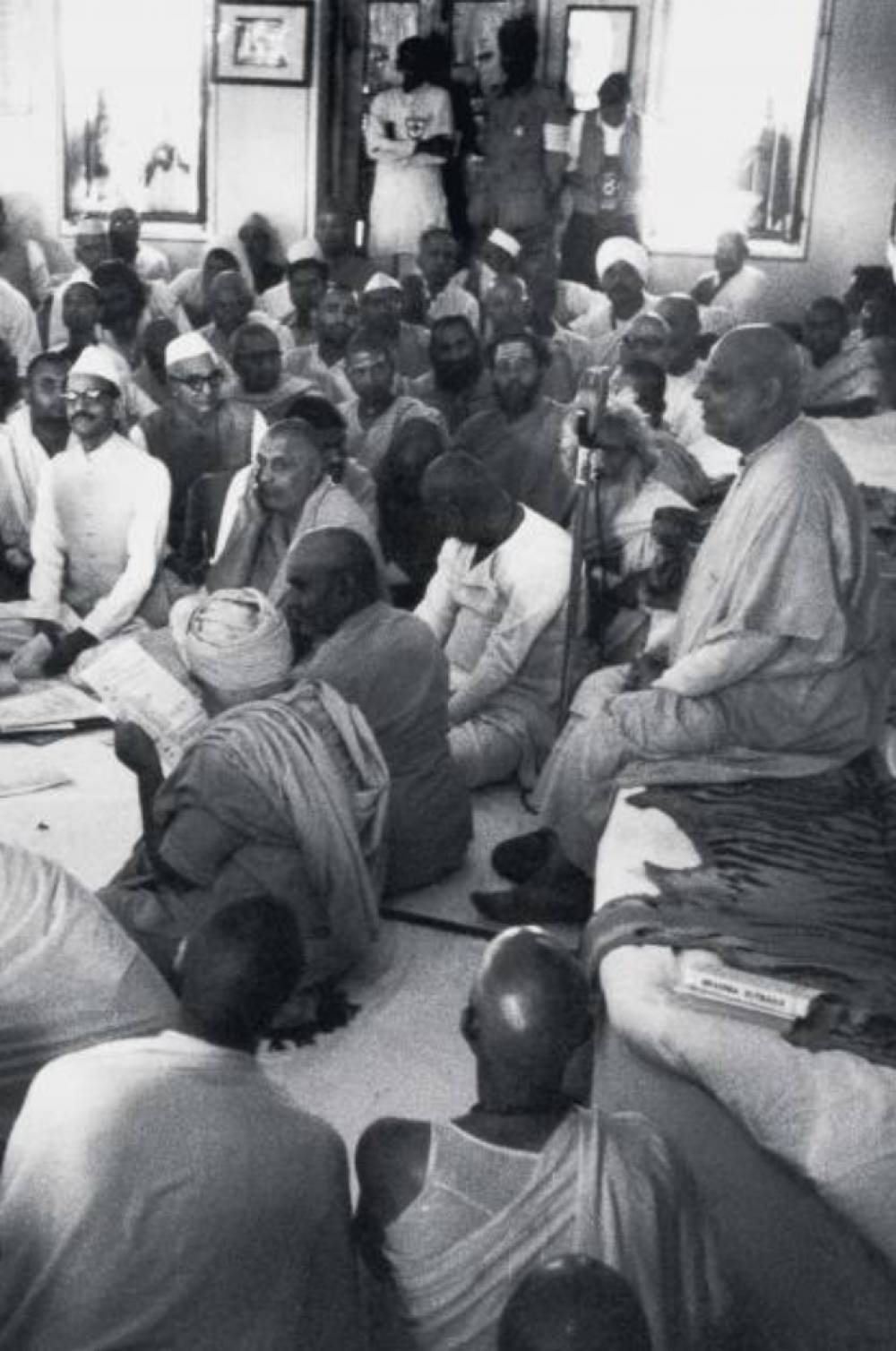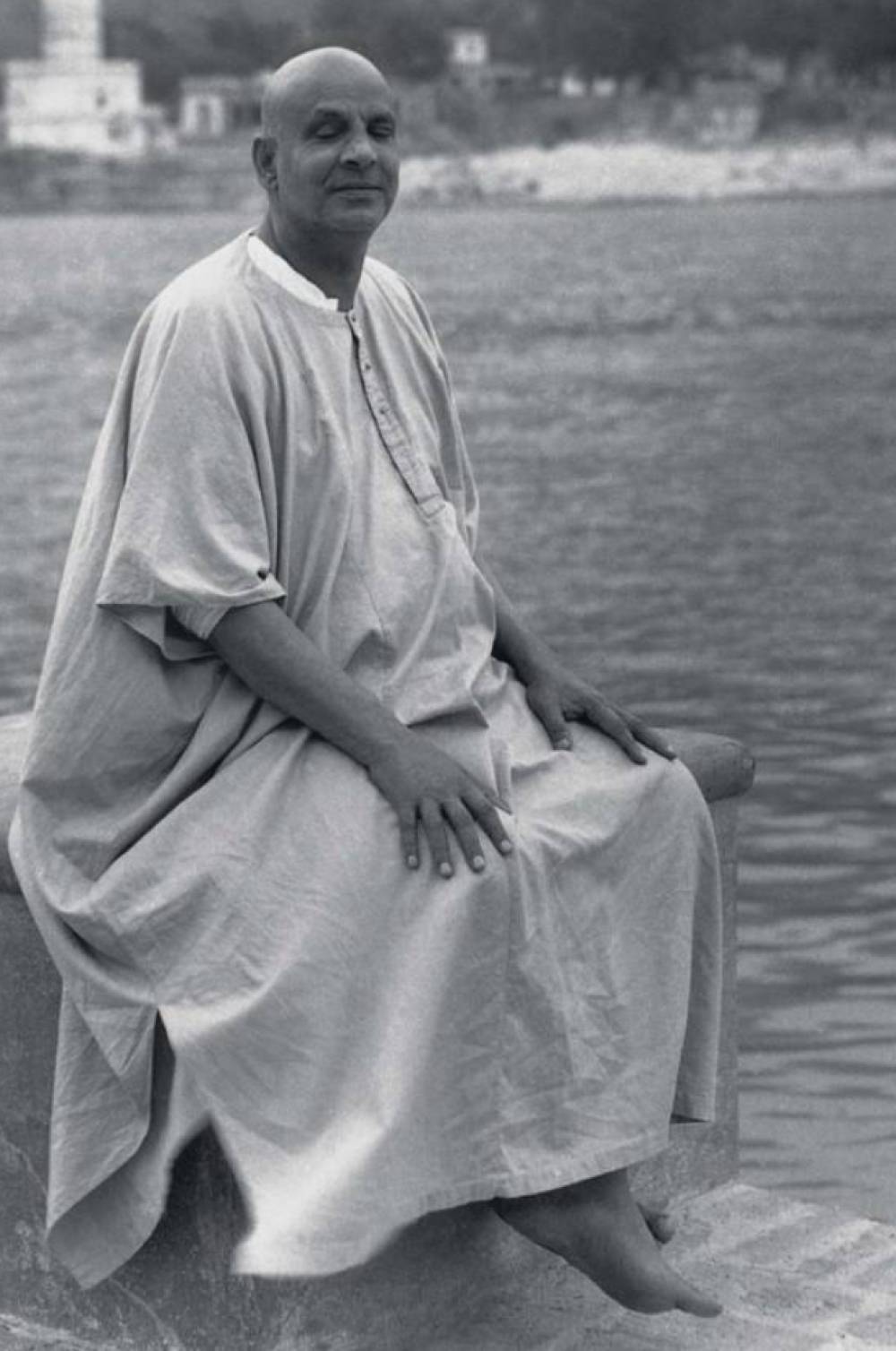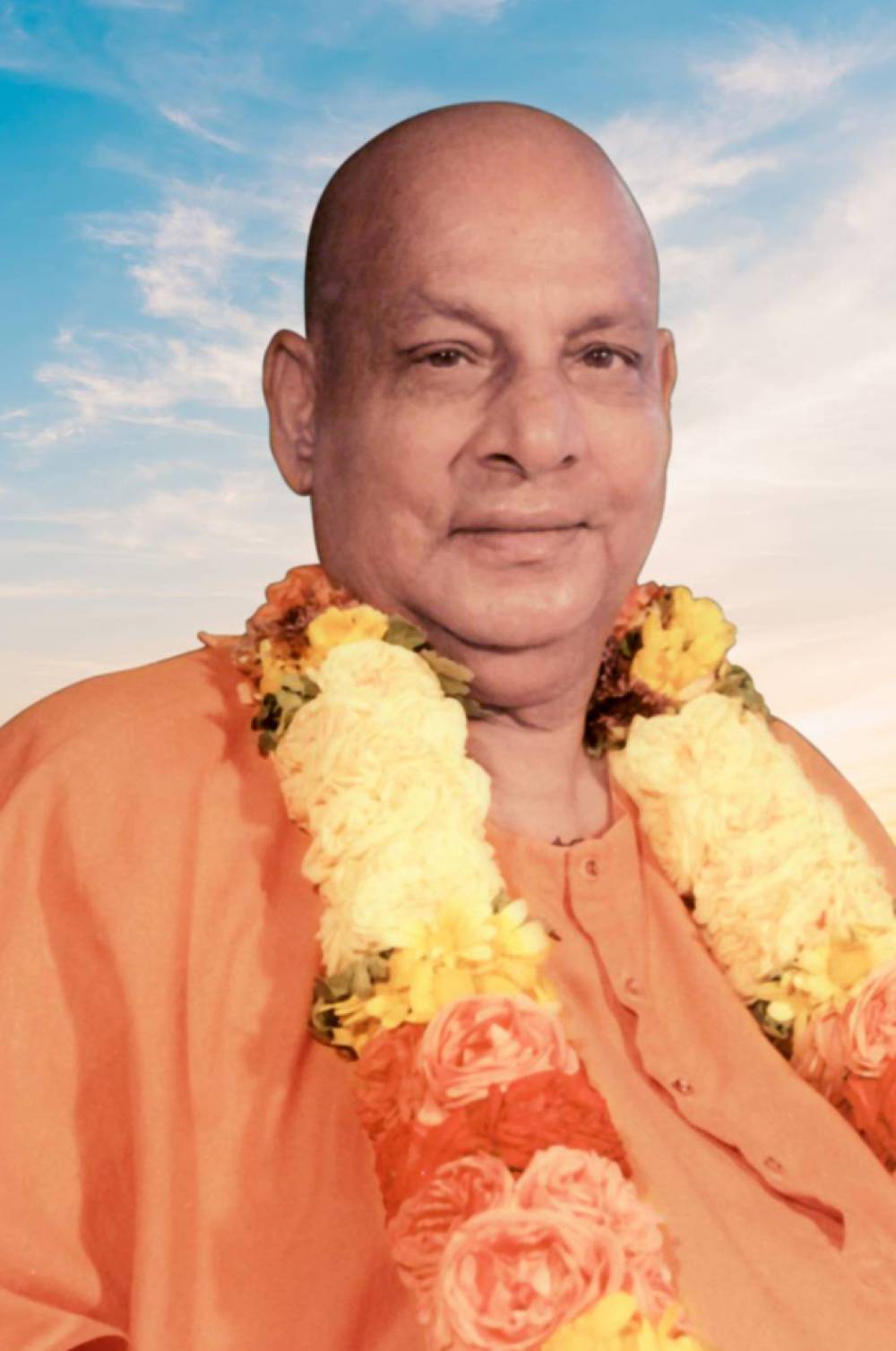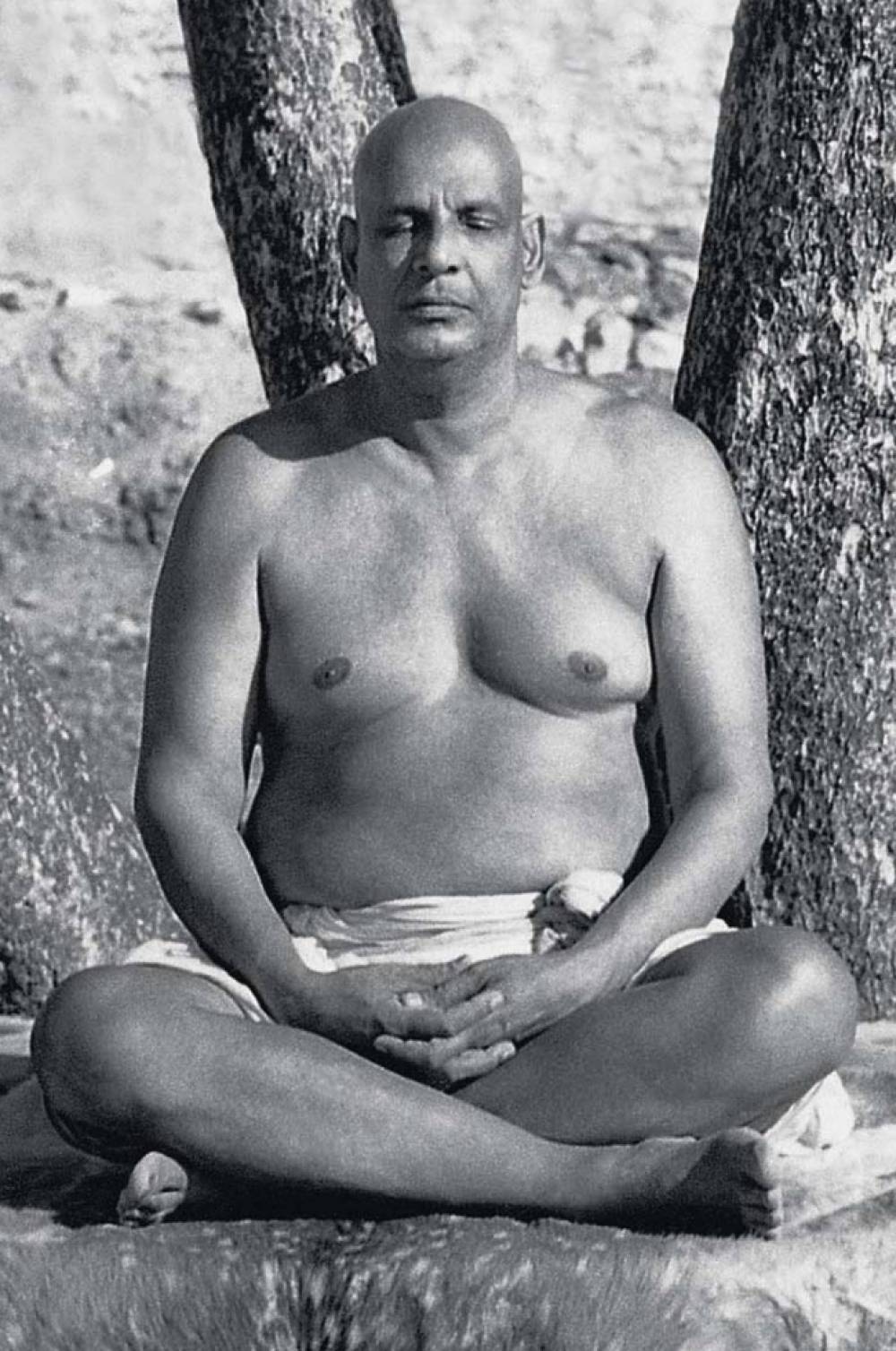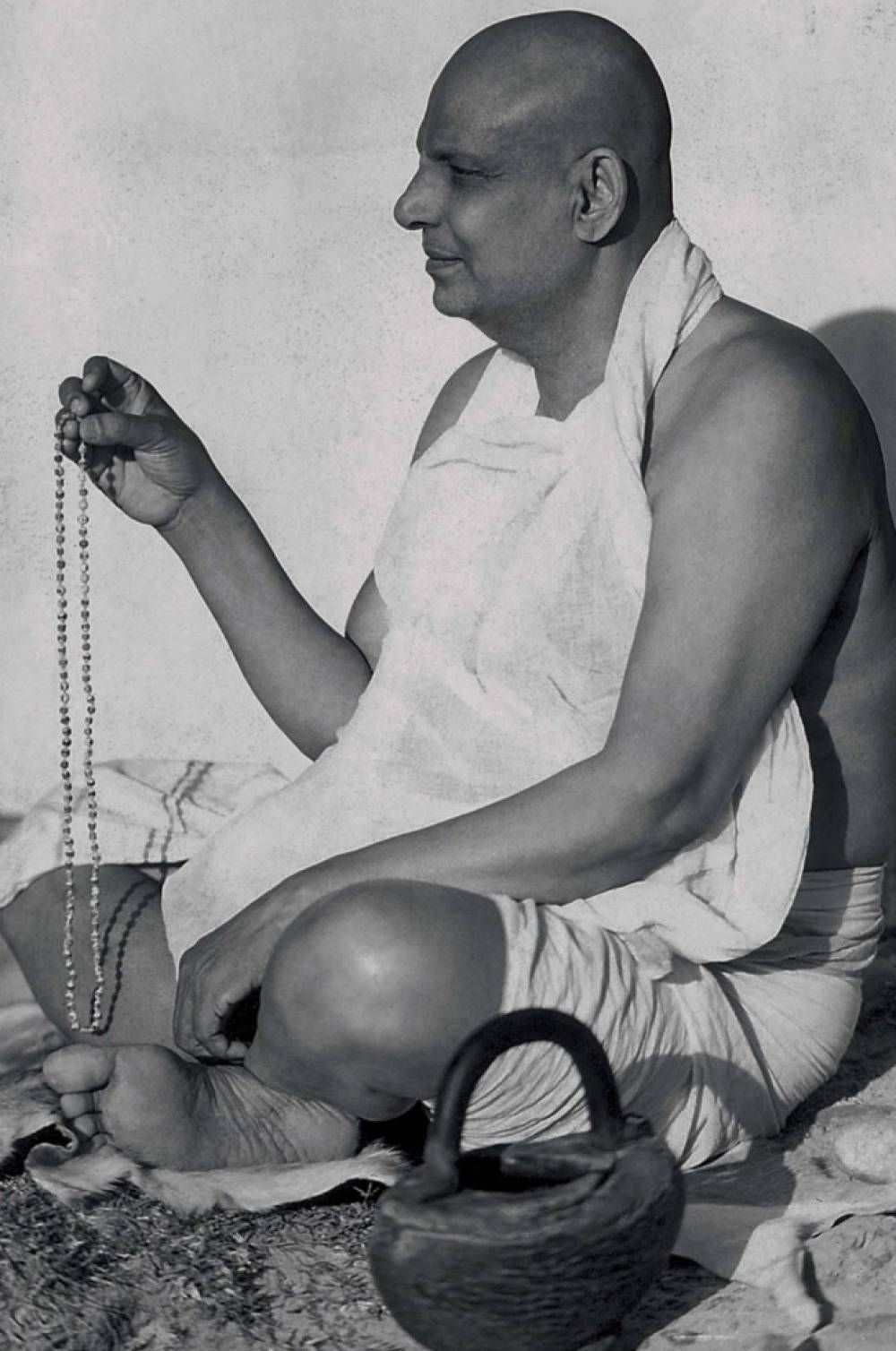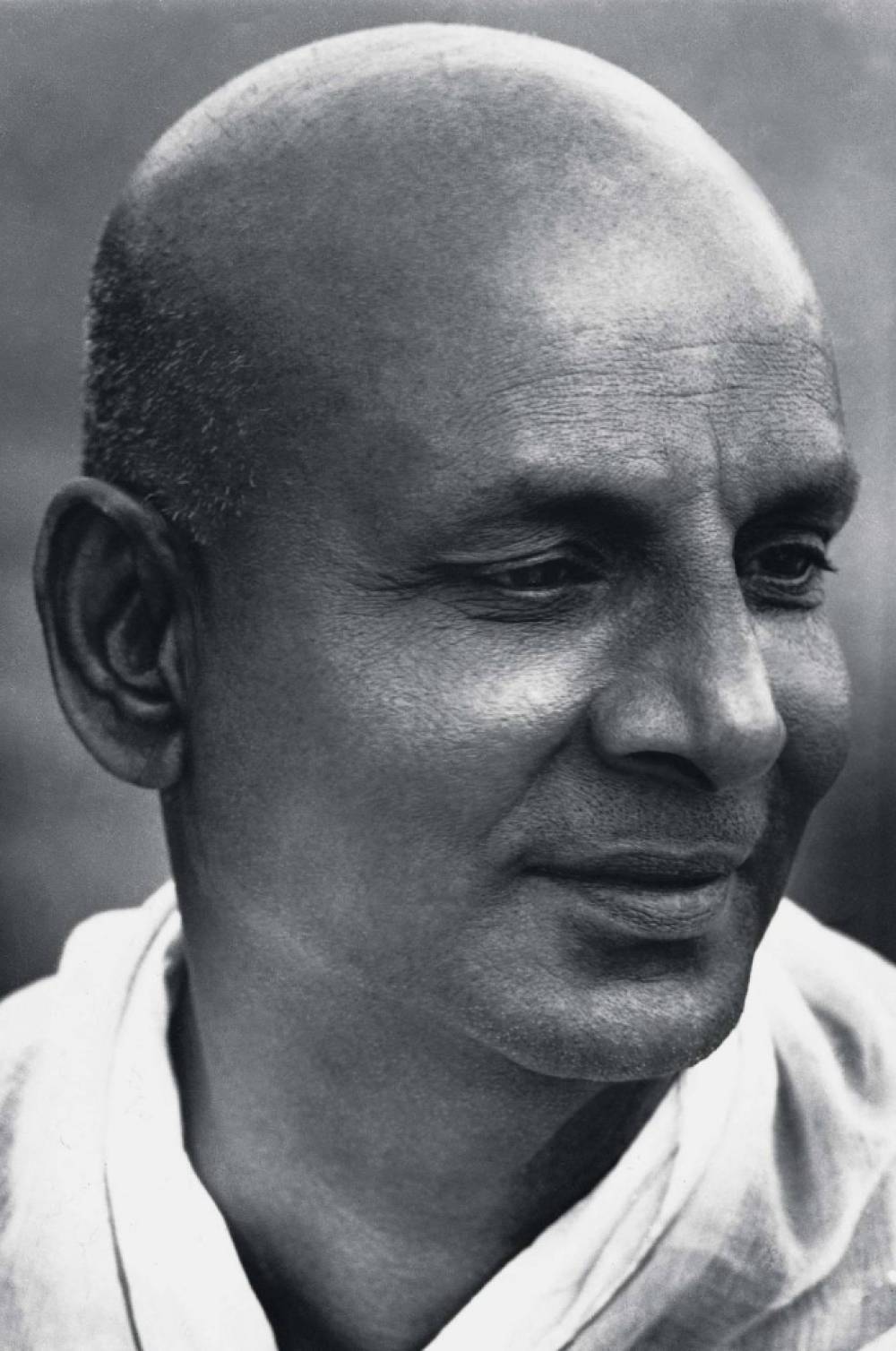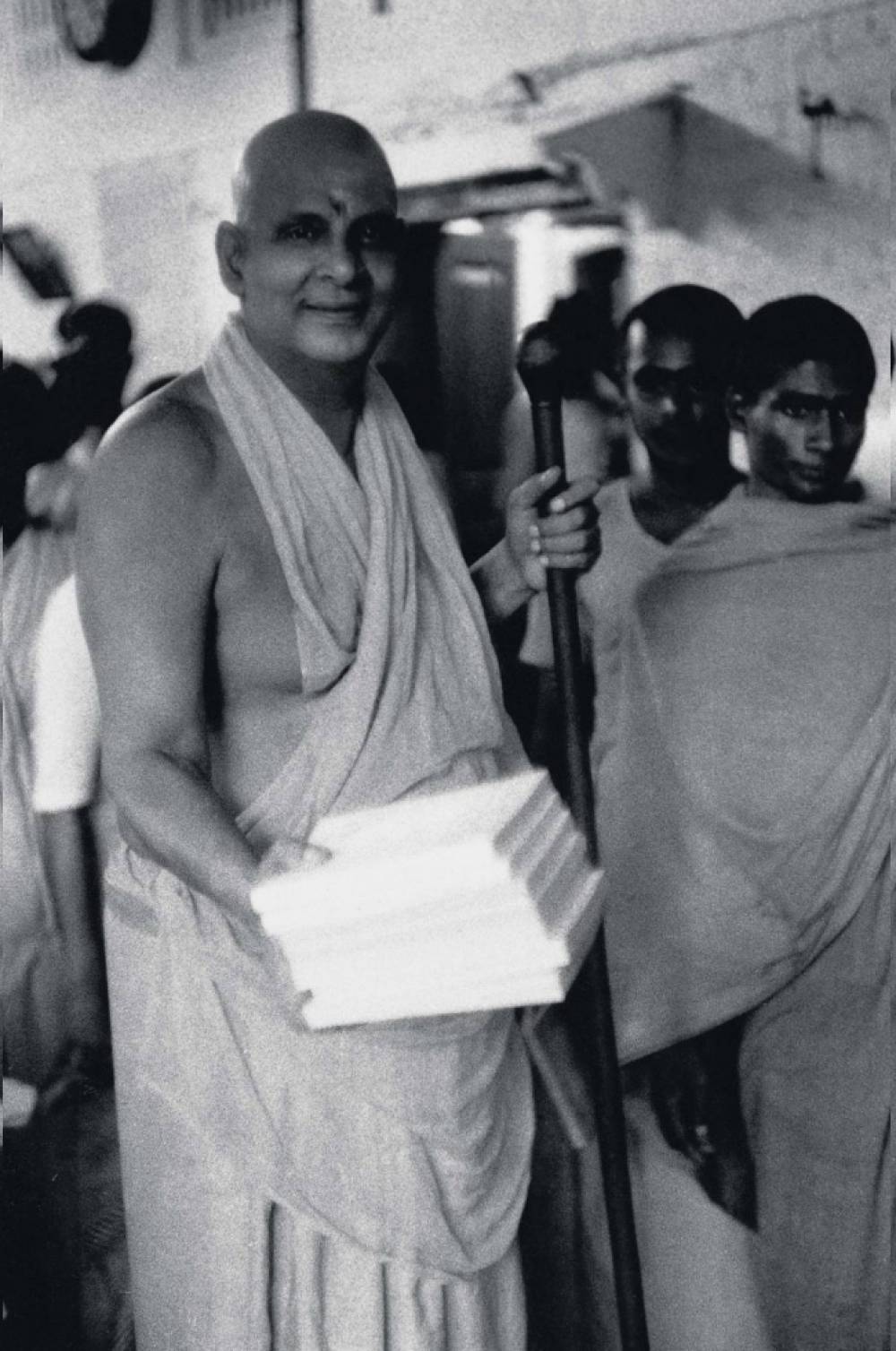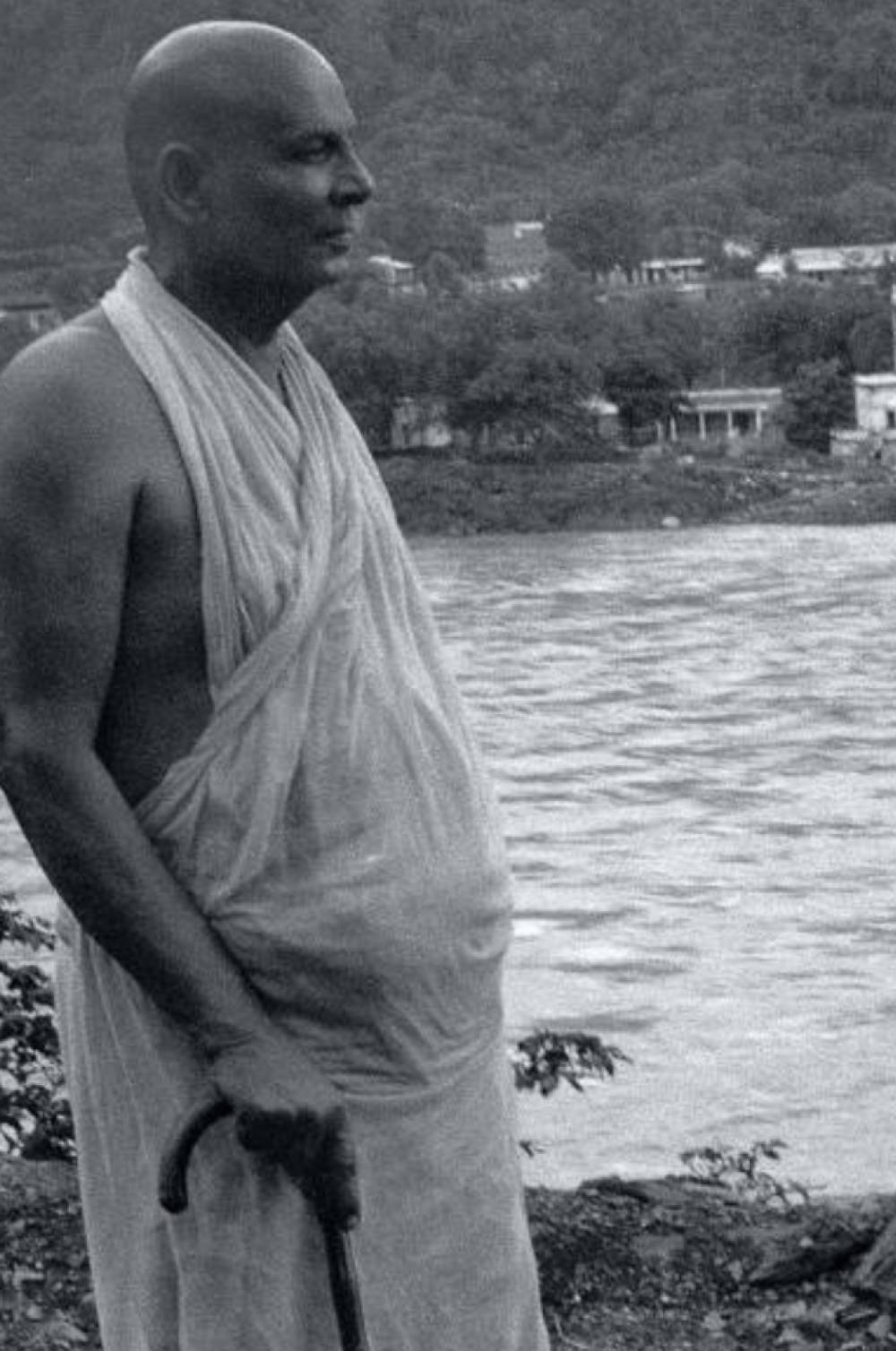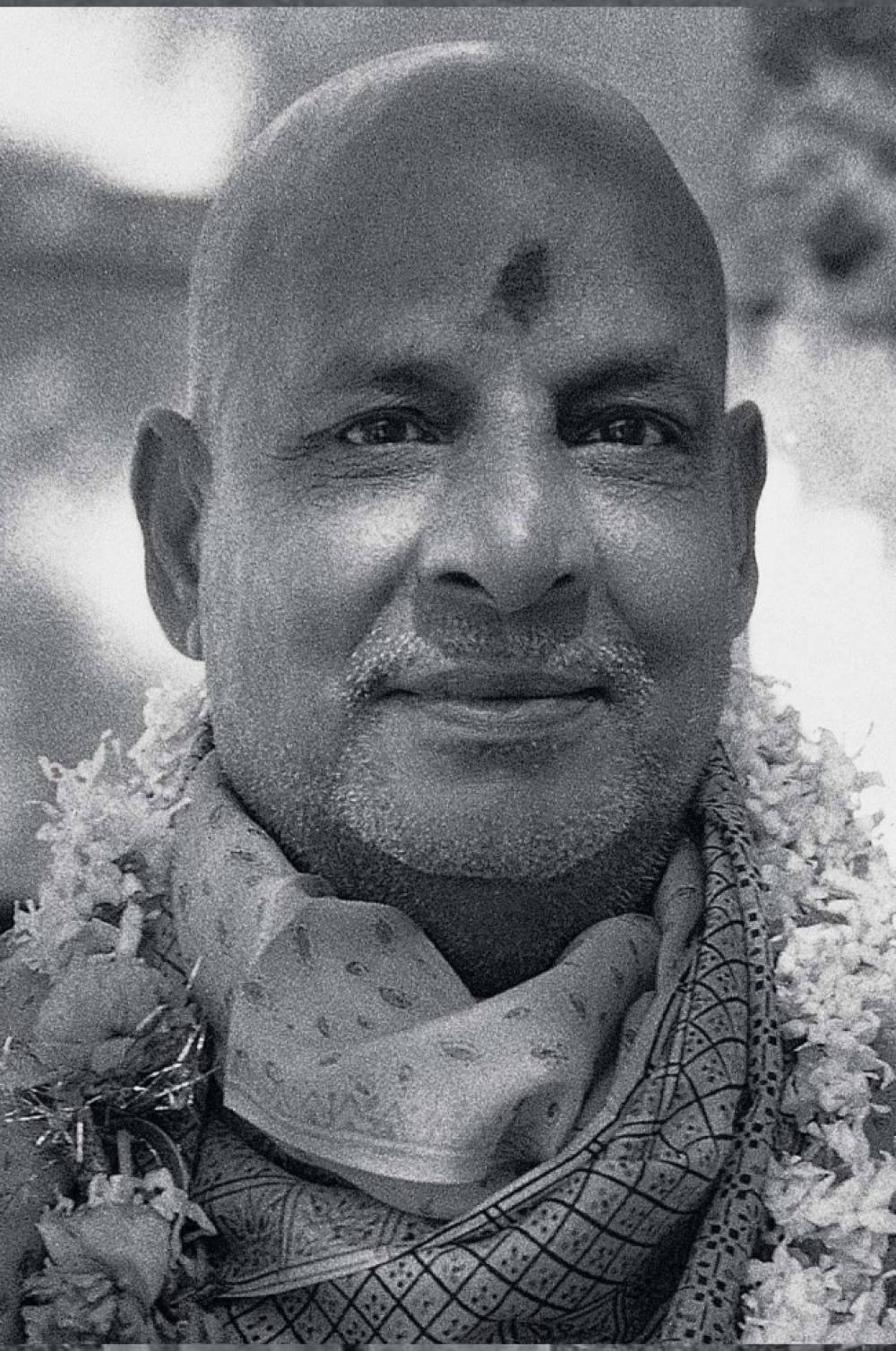Sravana, Manana and Nididhyasana are the three stages of Vedantic Sadhana.
Sravana is hearing of the truth. The Abheda-Bodha-Vakya should be heard from the Brahmanishta-Guru. Then Vedantic scriptures and treatises have to be carefully studied for the purpose of properly grasping the meaning of the great Mahavakyas.
Vedantic Granthas are of two kinds: the Pramana-granthas and the Prameya-granthas. One should always study standard works on Vedanta. A complete and exhaustive treatise on the subject has to be studied with the greatest care. Then only the full knowledge of Vedanta will dawn. Works like the Advaitasiddhi, Chitsukhi, Khandanakhanda-khadya, Brahmasutras, etc., are Pramana-granthas, for they refute other theories and establish the Advaitatattva through logic and argumentation. Works like the Upanishads, the Bhagavad-Gita and the Yogavasishtha are Prameya-granthas, for they merely state the Absolute Truth with authority and do not indulge in reasoning for refuting or establishing anything. They are intuitional works, whereas the former are intellectual.
The mind should be pure and tranquil before starting Vedantic Sadhana. Keeping the Vasana in the mind is keeping a black cobra within and feeding it with milk. Your life is ever in danger. Kill these Vasanas through Vichara, Vairagya and meditation on the Atman.
The Sruti texts that deal with creation, such as "from the Atman sprang Akasa, from Akasa Vayu, from Vayu Agni," etc., are only intended for giving preliminary instructions to the neophytes or young aspirants for they cannot grasp at once the Ajativada or the theory of non-evolution. When you read the passages which treat of creation, always remember that all this is only Adhyaropa or superimposition. Never forget this. Never think even for a second that the world is real. Only through Apavadayukti or refutation of superimposition can you establish the Kevala-Advaita-Siddhanta. If the world is real, if duality is real, you cannot have experience of Advaitic Realisation.
If the impurity of egoism or Ahankara-Mala is destroyed, the other two impurities, viz., Kama-Mala (impurity of desires) and Karma-Mala (impurity of action) will be destroyed by themselves. How, then, can there be Prarabdha for a Jivanmukta or the liberated sage? He is one with the Supreme Absolute.

